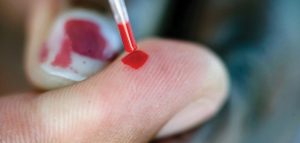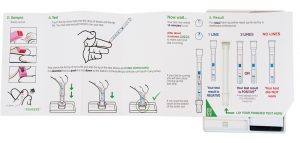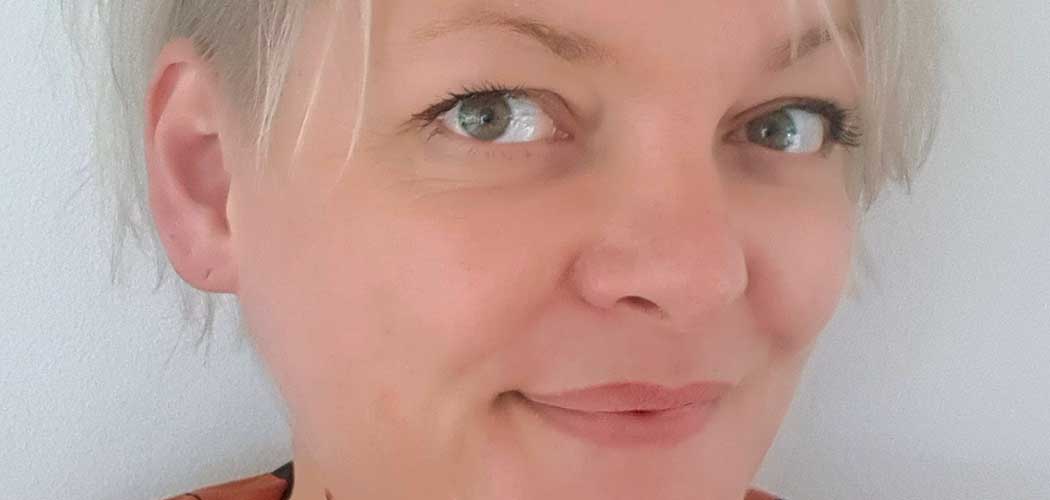Dr Laura Waters from Mortimer Market Centre says it’s time to test for HIV – if you don’t know your current status – this coming National HIV Testing Week
We have come a long way over recent years and the number of HIV diagnoses each year has continued to fall, particularly in men who have sex with men where new diagnoses dropped by more than 30% over the last 5 years, and by more than 40% in London.
This is thanks to a combination of more frequent testing, prevention tools such as pre-exposure prophylaxis (PrEP) and the fact that almost all people with diagnosed HIV are on treatment with an undetectable level of virus so can’t pass HIV on to their sexual partners (U=U, undetectable = untransmittable!).
The number of people with living with undiagnosed HIV has also fallen. In the UK it’s estimated that just under 1 in 12 people with HIV don’t know their status which amounts to 7,800 people in total, of whom 4,200 are gay and bisexual men.
If we compare London with the rest of the UK, the rate of undiagnosed HIV in men who have sex with men is lower at 1 in 20 or 5% in London compared to 11% outside. However, despite reducing numbers of new diagnoses each year, and a drop in the percentage who have undiagnosed HIV, the proportion of people diagnosed late, with an already damaged immune system, remains stubbornly high at just over 43% overall and 1 in 3 in men who have sex with men.
Being diagnosed late increases the chance of getting sick and of death (particularly in the first year after diagnosis); also, it’s believed that on average, someone diagnosed late has been living with undiagnosed HIV for 3-5 years and in that time could have passed the virus on to sexual partners.
Testing regularly means, if you acquire HIV, you will be diagnosed at an earlier stage of infection, which means you can start treatment earlier. Modern treatments are almost always once a day, between 1 and 3 pills a days and side effects are uncommon. If someone gets side effects there a lots of other options to switch to and almost everyone can find a combination to suit them. Everyone is offered HIV treatment straightaway, in some cases on the same day as being diagnosed (although there is little evidence that starting on the same day is better than waiting a few weeks if you are well, other than getting undetectable more quickly). Testing regularly for HIV also means you can test for other sexually transmitted infections and get advice about ways to reduce your risk.

National HIV Testing Week 2019
National HIV Testing Week is held every year, organised by HIV Prevention England, and produced by Terrence Higgins Trust (THT); it aims to target populations at risk (men who have sex with men and people from black African populations) to promote testing. This website provides lots of information about when to test, what test to have and where you can get tested: startswithme.org.uk. Via the same website, or at freetesting.hiv you can check to see if you are eligible for a free postal test where you collect a small amount of blood at home and then post the kit back for testing – you just type in your age and postcode.
In addition, lots of sexual health services offer online HIV and STI testing, again where you collect samples at home and post them back. Much of London is covered by Sexual Health London (SHL): shl.uk; SH:24 cover lots of areas outside London: sh24.org.uk/about-sh24 – both provide free services but if you are not eligible there are services you can pay for including: fettle.health. Lots of clinics provide their own home testing kits that you can order online – Google will tell you!
Collecting the sample at home and sending it back by post is called home sampling – the other option is home testing where you take the sample and get the result in your own home (or wherever you choose to do the test!).

You can order one of these tests through the THT website for £15 – other places that sell the test include the online Freedoms Shop, and pharmacies including Boots, Lloyds and Superdrug. If you’re testing at home it’s sensible to do it during the day so, if you do get a reactive result (this means you probably do have HIV but the result will need confirming with another test), you can go to a clinic or call a support line for advice. Terrence Higgins Trust operate a helpline Monday to Friday, 10:00-20:00 on 0808 802 1221.
Many people feel anxious waiting for a result, but don’t want to test at home, in which case you can get a result within minutes at some sexual health clinics. If you’ve had a potential exposure to HIV within the last 3 months a traditional blood test may be a better choice but otherwise the ‘instant’ tests (the same as the ones you can buy online) are just as reliable. If you are worried about testing then tell the clinic; they should be able to provide additional support and advice.
Other options for testing include your GP, or a community HIV testing project. Again, you can search for options here: startswithme.org.uk and NAM aidsmap allow you to search for where to test all over Europe:
If you test positive for HIV, most clinics can see you quickly (certainly within 2 weeks) and provide support. Peer support can be invaluable at any time for people with HIV, but particularly at diagnosis, so ask your clinic if they provide this in-house or can signpost you to relevant organisations. Positively UK is great and their website it really informative. Your clinic will talk about starting treatment (even on the same day as mentioned above), check your general health and give you advice about what you can do to stay healthy.
Ultimately knowledge is power. Knowing your HIV status means you can get on treatment to stay healthy if you test positive, and access the best prevention tools if you test negative. STIs may not be sexy but being in control of your sexual health is!
The Boyz Doc is Dr Laura Waters, an HIV and sexual health consultant at the Mortimer Market Centre in central London. Dr Laura answers your questions every month in Boyz. If you have a question for Dr Laura please email her at [email protected]














